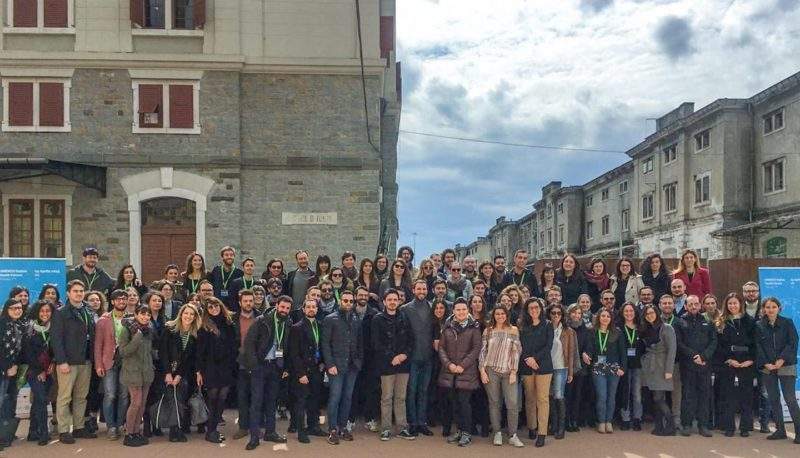TheItalian Youth Association for UNESCO has written an open letter signed by its president Antonio Libonati to reiterate what, in his opinion, are the measures needed for the post-virus in the area of culture, and in particular to protect young people active in this area.
“The Italian Youth Association for UNESCO,” Libonati points out, “is composed of young people from all over Italy. Born between 1985 and 2000, like all millennials in their lives they have already experienced three crises in just 20 years: the terrorism-related one starting in 2001, the financial one in 2008, and now the coronavirus-related crisis. Three shocks that have undermined from the ground up all certainty. The emergency of these weeks is impacting our lives in a very serious way. On the one hand, the chance of finding a job is shrinking, and on the other, the risk of losing one for those who have one is increasing. All this at a time in life when there is a real risk of having to make sacrifices that may prove definitive on personal goals and life choices.”
The silver lining, the letter points out, is that “we are used to constantly reinventing ourselves. What we have behind us, before this crisis, is an obstacle course of internships, internships, master’s degrees, precariousness without horizons. Can coming out of this crisis be an opportunity to affirm a new protagonism of those who are excluded today, such as young people? We must choose: the ’after’ passes through the support of the productive and economic sectors and the social, but this must be done without leaving young people behind, starting with a greater youth presence in the technical tables where the exit strategy from the emergency is outlined.”
This must take place, the text reads, “without leaving behind the world of culture. The real risk is that the already very small public and private budgets for culture will be allocated in the coming years to other purposes, very noble ones, but with the consequence of a further reduction of spaces for culture and art. This is why we make two concrete proposals, which as young Italians working in the name of UNESCO cannot but start precisely from culture.”
So here are what the two proposals are. The first: “Let’s get out of the crisis through the greatest injection of resources into Italy’s cultural heritage: young people. A New Deal for Culture capable of protecting Italy’s heritage through the indefinite hiring of the highest possible number of young people involved in the protection and enhancement of cultural heritage, both tangible and intangible.” The second: “free access to all state museums and cultural sites for young people under 35. Marginalization is fought through raising the cultural level and reducing educational inequalities. No economic obstacles can stand between young people and culture, which remains the greatest weapon of freedom.”
“These measures,” the letter continues, “should be accompanied by an increasing simplification and public support for patronage and small donations, not only through tax incentives but also through bonuses to be reused in cultural circuits. And again by greater attention to peripheral cultural heritage and small villages: smart working and proximity tourism can be important tools in this regard if included within a large national project for the redevelopment of abandoned villages and small towns. Gratuity, innovation, experimentation and sustainability can be the antidote against the virus of cultural and educational inequalities in all phases of the ’after’ emergency.”
“It is not lost on us that money is needed to implement these proposals,” the text concludes. “But these would probably be smaller sums than those allocated to less essential and strategic spending items. Today, more than ever, the reconstruction of the public dimension is needed to avert rising inequality and to stimulate the private sector to contribute in the same direction as well. We believe in this.”
 |
| UNESCO youth: after the virus, no more precariousness, for young people permanent hires in culture |
Warning: the translation into English of the original Italian article was created using automatic tools. We undertake to review all articles, but we do not guarantee the total absence of inaccuracies in the translation due to the program. You can find the original by clicking on the ITA button. If you find any mistake,please contact us.